





I have that on my CHristmas list: good to know your positive opinion!josé echenique wrote:
An expensive opera studio recording! This is something we haven´t seen in a long time, and in the case of Aida, not since Harnoncourt´s recording of 2001.
Fortunately Pappano has better suited singers than Harnoncourt. Anja Harteros may not have a Milanov voice, but she is never less than competent and often sings beautifully, one or two notes apart in O Patria Mia. But we have heard far worse in the past decades, and she doesn´t shame herself as Freni, Ricciarelli and Gallardo-Domas did in their respective recordings. Kaufmann too delivers the goods and he is much more careful with his vocalizing than in other recent recordings. Warner provides generous acoustics and wide ranging dynamics in Rome´s new concert hall. Pappano has the measure of the score, his conducting is both elegant and idiomatic, he accommodates his singers and is attentive to their needs, but he never lets the music slack. Among digital recordings the Levine is obviously better sung, but that is already 25 years old! So, do we need another Aida? I think we do, and there are beautiful things here.
Fascinating, thanks, Jacques.piston wrote:Amazing, simply amazing:
Three volumes of solo flute music, 96 pieces, and it's not repetitive. Composed between February and September 1944, when Koechlin had isolated himself from the war. The three volumes are thematically organized with the first being about a celestial figure, a rebellious angel's reactions to humans and the tragedy of humanity (philosophical), the second about a sacred forest, not far from the sea (escapism from reality), and the third, with its many prayers -- by the sick, the children, the wife whose husband has gone to war, the orphans, for the dead-- all of which is counter-balanced with joyful dances (e.g., father returning from war), about 1944 realities.
Not many people would listen to three consecutive hours of solo flute music but Koechlin, in his infinite wisdom, found a way to connect it all into one coherent, even pleasant, work.




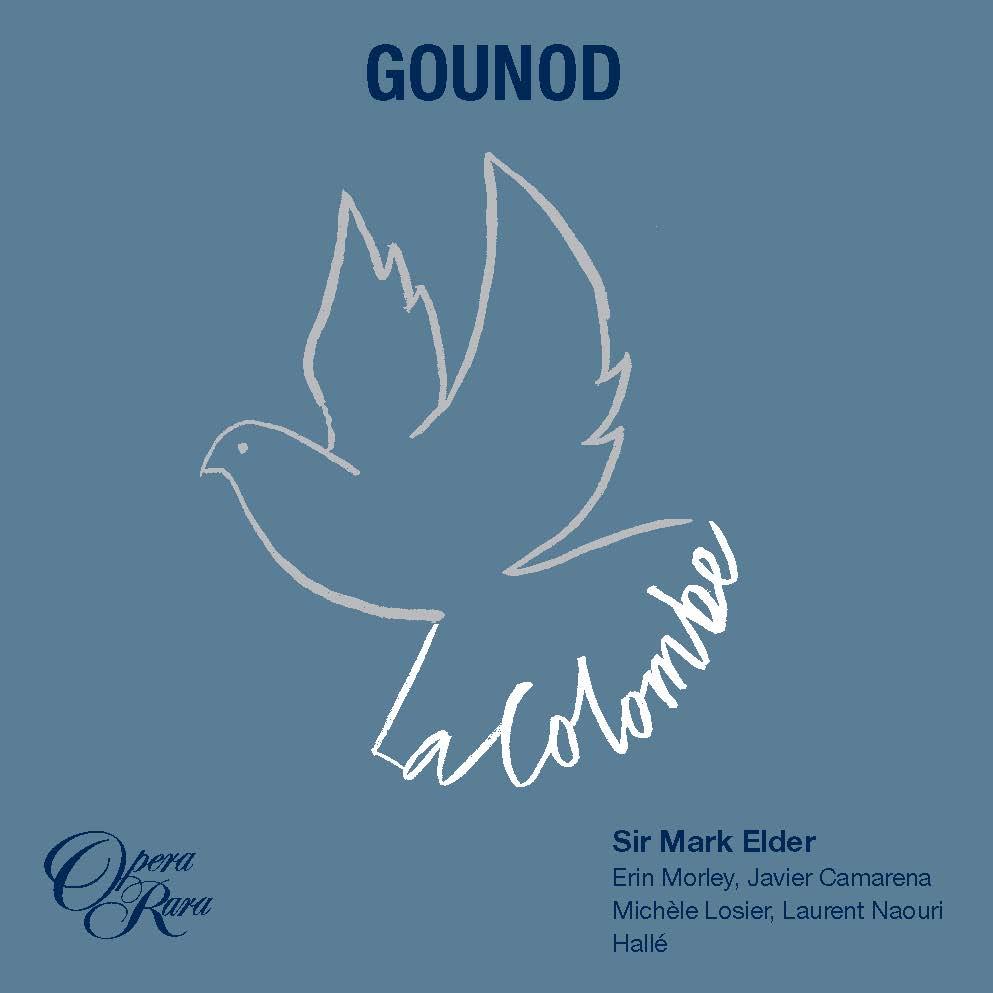





I agree, she is magnificent.maestrob wrote:Klara Wurtz is the Guiomar Novaes of her generation. Vastly underrated, she has a tone and empathy for Mozart & Mendelssohn that just knocks my socks off. Schubert also. Grab any recordings of hers you find!
That's one of my favorite piano albums of all time. Bolet had a special way with Liszt & Rachmaninov, no question. He also recorded 9 discs for London that are outstanding in my book as well as his recordings for RCA......Full disclosure, Bolet was a client of mine at the NYAC.Ricordanza wrote:New Year's concerts always feature Johann Strauss' Blue Danube Waltz, so I decided to begin 2016 with a variation of this: Adolf Schulz-Evler's "Arabesques" on the Blue Danube. Lots of piano virtuosos have recorded this, but my favorite version can be found on CD 2 of the album, Great Pianists of the 20th Century - Jorge Bolet.
Most of this album is taken from Bolet's astounding 1974 Carnegie Hall recital. The program included a magnificent rendition of Chopin's 24 Preludes, and a breathtaking selection of hyphenated works, such as the Bach-Busoni Chaconne, the Wagner-Liszt Tannhauser Overture, the Kreisler-Rachmaninoff "Liebeslied" and "Liebesfreud," and the work described above.
The album should be entitled "How to Play the Piano" or maybe "How to Perform a Piano Recital." Granted, these hyphenated showpieces are not works of intellectual profundity, but they are prime examples of the possibilities of the piano. In the hands of a master--and Bolet demonstrated his utter technical mastery here--they are enormously appealing musical experiences. However, Bolet transformed these to exceptional musical experiences by his exuberant and extroverted approach to these pieces.
It was a great way to begin 2016.

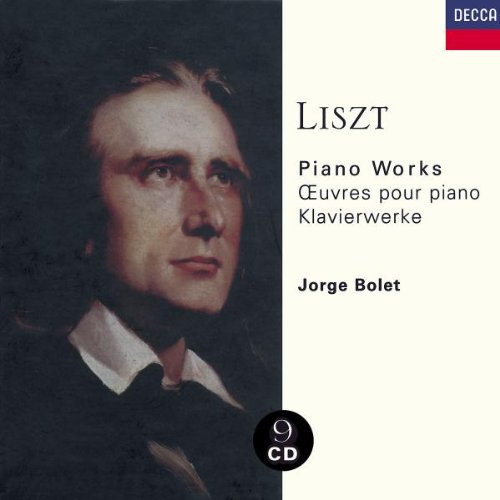



Agree with you about the Ninth: he makes bad decisions throughout especially the final movement, but I find the timbre of the others fascinating. Sure, Toscanini is great, no question, but Norrington has some interesting ideas too.jserraglio wrote:I read somewhere that when Norrington rehearsed the Clevelanders, the woodwinds greeted his directives with flatulence. I think his bloodless LvB Ninth on EMI is a travesty. I pitched it.
I collected many of Harnoncourt's and Norrington's Telefunken LPs of early music when they first came out and still listen to them.maestrob wrote:Agree with you about the Ninth: he makes bad decisions throughout especially the final movement, but I find the timbre of the others fascinating. Sure, Toscanini is great, no question, but Norrington has some interesting ideas too.jserraglio wrote:I read somewhere that when Norrington rehearsed the Clevelanders, the woodwinds greeted his directives with flatulence. I think his bloodless LvB Ninth on EMI is a travesty. I pitched it.


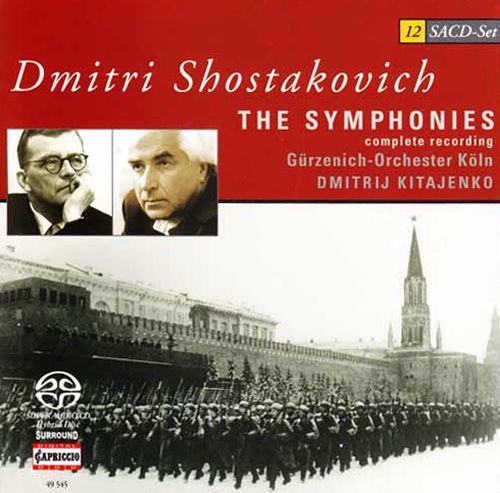
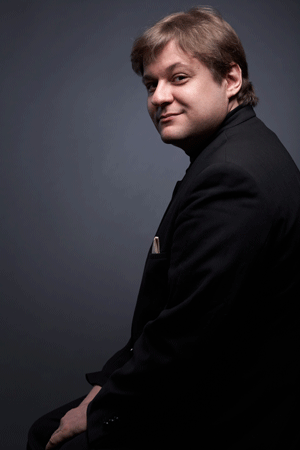

In my opinion one single set will not do in this music.RebLem wrote: Others have done the complete Bartok solo piano canon, most notably Gyorgy Sandor of sainted memory. But for virtuosity and modern sound. Zoltan Kocsis can't be beat. This is the set to have.

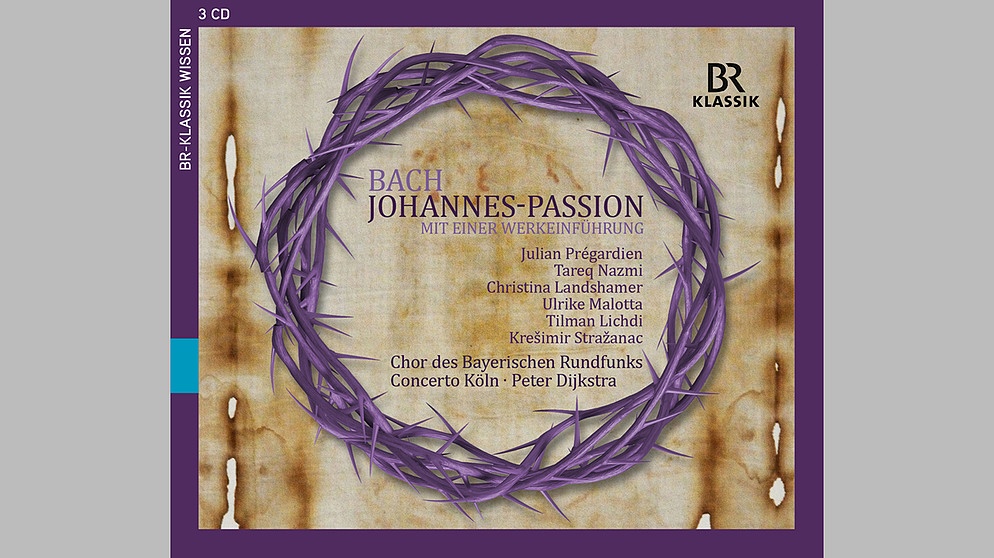

Users browsing this forum: No registered users and 13 guests